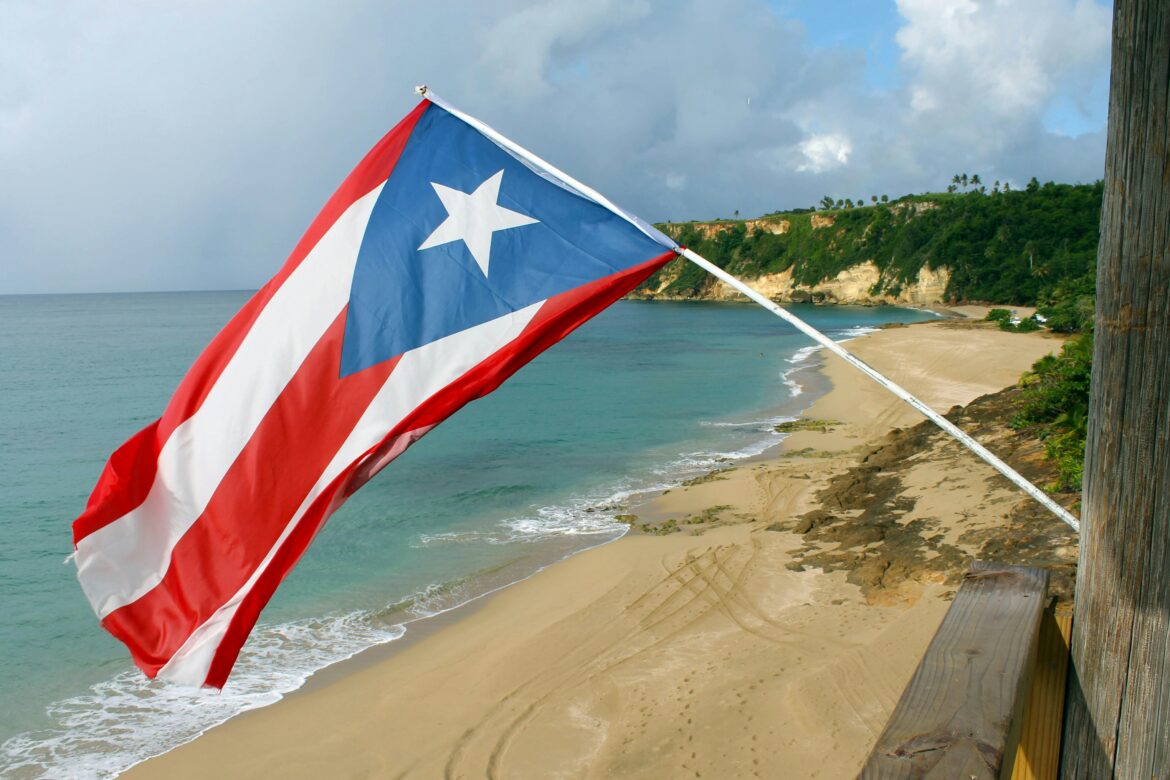There has been a growing conversation surrounding discrimination based on natural hairstyles, with Puerto Rico’s recent hair ‘ban’ emerging as a notable development in this ongoing discourse. Enacted in March 2019, entitled Law 60-2019, the legislation addresses workplace discrimination based on natural hair colour or hairstyles associated with a person’s racial, ethnic, or cultural identity. The law aims to challenge grooming policies that disproportionately affect people of African descent and perpetuate stereotypes that contribute to a Eurocentric standard of beauty. It attempts to stand out as a proactive measure by acknowledging the importance of protecting individuals from discrimination based on their natural hairstyles. The legal motion is meant to represent a departure from traditional workplace grooming standards that often deem hairstyles such as braids, locs, twists, or afros as “unprofessional” or “unacceptable.” By explicitly addressing and prohibiting discrimination upon these lines, the law tries to create a more inclusive work environment where employees are free to express their various identities through their natural hair without fear of reprisal. However, it is necessary to evaluate how effective this law has been and whether is it enough to make a positive dent in the broader movement.
Recently, Lorraine León Ramírez, mother of two sons, disclosed to the media that her youngest son was prohibited from attendance at two different schools unless he cut his afro. Instances such as this that remain far too common, indicating that more comprehensive legislation may be needed to address systemic inequalities underpinning these actions in order to promote true and sustained inclusivity.
This conversation first began in the nation in 2015 when Puerto Rico found itself embroiled in controversy over a policy that drew sharp criticism for discriminating against natural hairstyles, particularly those of Afro-textured hair. Dubbed the “Peluza” ban, this legislation prohibited students from wearing their hair in afro styles or any ‘natural fashion.’ Instead, students were mandated to straighten their hair or maintain it short, a move widely perceived as an attempt to erase cultural identities, markedly those of Black and Afro-Latino students. The ban sparked protests both locally and globally, igniting discussions on racial discrimination and cultural acceptance. Many argued that the policy enforced Eurocentric beauty standards while suppressing the natural expression of Black identity. Afro-textured hair, they contended, is not only a physical characteristic but also a symbol of cultural heritage and should be celebrated rather than suppressed. Under mounting pressure, the Puerto Rican government ultimately revoked the ban in March 2015. This decision was hailed as a victory for advocates of racial equality and diversity, signaling a shift towards greater recognition and respect for cultural identities within Puerto Rican society.
In early January of this year, Law 60-2019, was contested by legislators and activists from Puerto Rico. They stated that the Afro Caribbean community on the island was still being subjected to prejudice and thereby require increased protections in terms of public services, employment, housing, and education. It is important to note that the issue of hair discrimination is not unique to Puerto Rico, rather it is a global phenomenon affecting individuals of African descent and many other marginalized communities worldwide. The Puerto Rico hair ban law sets a precedent, signaling a positive shift towards greater awareness and legislative protection against hair-based discrimination. Corporations and businesses play a crucial role in dismantling discriminatory practices, and implementing inclusive grooming policies that respect diverse hairstyles. These moves are essential for fostering an environment where individuals can thrive regardless of their cultural backgrounds. Therefore, it is necessary to implement additional practices within companies and organizations to guarantee that employees comply with the statutes of this law.
The Puerto Rico hair ban law represents progress in the ongoing battle against hair discrimination. By recognizing the challenging biases in traditional beauty standards, society can move towards a more equitable future where individuals are free to express their cultural identities without fear of prejudice. As conversations about hair discrimination continue to evolve, the hope is that more jurisdictions and organizations will take proactive steps to create environments that embrace and celebrate diversity.
Edited by Isaac Yong
Angie Gjika is a passionate writer contributing to Catalyst. She is currently immersed in her 4th year of studies at McGill University pursuing a Bachelor of Arts with a major in International Development Studies and a minor in Sociology. Angie is particularly interested in politics of the Middle East, the Balkans and transitional justice!

